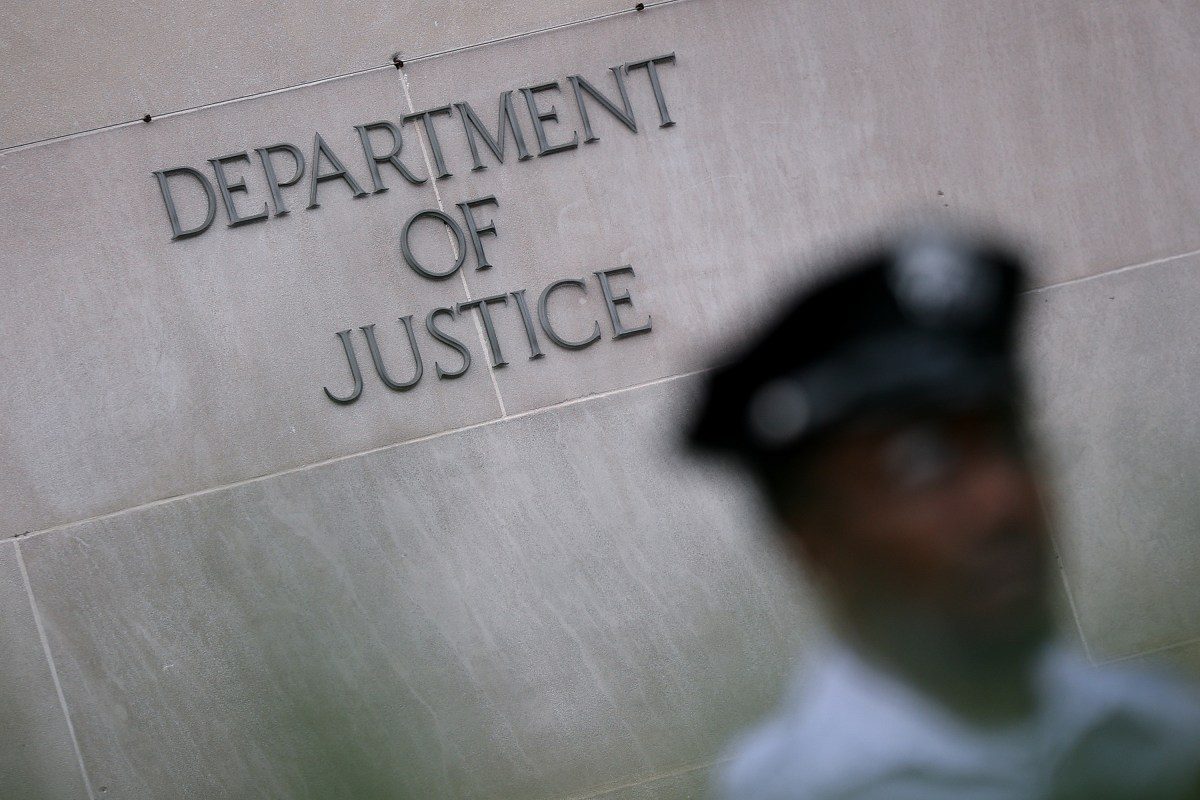
the ftc is suing ticketmaster for illegally The Federal Trade Commission (FTC) has initiated a lawsuit against Ticketmaster, alleging that the company has engaged in illegal practices by coordinating with ticket brokers to manipulate ticket sales.
the ftc is suing ticketmaster for illegally
Background on Ticketmaster and Live Nation
Ticketmaster, a subsidiary of Live Nation Entertainment, has long been a dominant force in the ticketing industry. The company controls approximately 80% of primary ticket sales in the United States, making it a critical player in the live entertainment market. This dominance has led to widespread criticism from consumers, artists, and advocacy groups who argue that Ticketmaster’s practices contribute to inflated ticket prices and limited access for fans.
Founded in 1976, Ticketmaster has evolved from a simple ticketing service into a comprehensive platform that includes ticket sales, marketing, and event management. Over the years, it has faced numerous controversies, particularly regarding its pricing strategies and the impact of ticket reselling on fans. The merger with Live Nation in 2010 further solidified its market position, raising concerns about potential anti-competitive behavior.
The FTC’s Allegations
The FTC’s lawsuit accuses Ticketmaster of allowing ticket brokers to exceed purchase limits, thereby manipulating the market and driving up prices for consumers. According to the complaint, this practice not only harms fans but also allows Ticketmaster to profit from the inflated resale value of tickets. When tickets are resold through Ticketmaster’s platform, the company collects fees on both the initial sale and the resale, effectively profiting twice from the same ticket.
Illegal Coordination with Brokers
One of the central allegations in the FTC’s complaint is that Ticketmaster has engaged in illegal coordination with ticket brokers. This coordination allegedly allows brokers to purchase tickets in bulk, circumventing the limits that are supposed to ensure fair access for individual consumers. By enabling brokers to exceed these limits, Ticketmaster effectively creates an environment where fans are forced to turn to the resale market, often at significantly higher prices.
The FTC’s complaint states, “Defendants blame a technological ‘arms race’ and ticket scalping for shutting fans out of artist-priced primary market tickets, but in reality, Defendants’ own conduct gives purchasing consumers no choice but to resort to purchasing tickets at a steep markup in the resale market, where Defendants can collect another round of fees on the same tickets.” This statement underscores the FTC’s position that Ticketmaster’s practices are not merely a response to market conditions but are instead a deliberate strategy to maximize profits at the expense of consumers.
Deceptive Advertising Practices
In addition to the allegations of illegal coordination with brokers, the FTC also claims that Ticketmaster engages in deceptive advertising practices. According to the agency, the prices advertised for tickets often do not reflect the final cost that consumers will face at checkout. Hidden fees and additional charges can significantly increase the total price, leaving fans frustrated and feeling misled.
The FTC’s concerns about deceptive advertising are not new. Consumer advocacy groups have long criticized Ticketmaster for its pricing transparency, arguing that the company should be required to disclose all fees upfront. This lack of transparency can lead to a sense of distrust among consumers, who may feel that they are being taken advantage of when purchasing tickets.
Implications for Consumers and Artists
The implications of the FTC’s lawsuit extend beyond Ticketmaster and its business practices; they also affect consumers and artists alike. For fans, the high cost of tickets can be a significant barrier to accessing live events. Many consumers are forced to pay inflated prices on the resale market, which can lead to feelings of disenfranchisement and frustration.
Artists, too, are impacted by Ticketmaster’s practices. When ticket prices are artificially inflated, it can create a disconnect between artists and their fan base. Many musicians rely on ticket sales as a primary source of income, and when fans are priced out of attending shows, it can hurt both the artists’ revenue and their relationship with fans. This situation raises questions about the overall health of the live music industry and the potential for artists to connect with their audiences.
Stakeholder Reactions
The FTC’s lawsuit has garnered a range of reactions from various stakeholders in the industry. Consumer advocacy groups have largely praised the agency’s actions, viewing the lawsuit as a necessary step toward greater accountability in the ticketing industry. These groups argue that Ticketmaster’s practices have long been detrimental to consumers, and they hope that the lawsuit will lead to meaningful changes in how tickets are sold and resold.
On the other hand, Ticketmaster and Live Nation have defended their practices, arguing that they are necessary to combat ticket scalping and ensure that fans have access to tickets. The companies have claimed that technological challenges make it difficult to prevent scalpers from purchasing tickets in bulk. However, the FTC’s complaint suggests that these claims may be more of a smokescreen than a legitimate explanation for the company’s actions.
Potential Outcomes of the Lawsuit
The outcome of the FTC’s lawsuit could have significant implications for the future of Ticketmaster and the ticketing industry as a whole. If the FTC is successful in proving its case, it could lead to changes in how Ticketmaster operates, including stricter regulations on ticket sales and resales. This could potentially level the playing field for consumers and make it easier for fans to access tickets at fair prices.
Moreover, a favorable ruling for the FTC could set a precedent for future antitrust actions against other companies in the ticketing and entertainment industries. It may encourage regulators to take a closer look at other practices that could be deemed anti-competitive, potentially leading to a broader reevaluation of how the industry operates.
The Broader Context of Antitrust Actions
The FTC’s lawsuit against Ticketmaster is part of a larger trend of increased scrutiny on big tech and major corporations in the United States. The Biden administration has made antitrust enforcement a priority, aiming to address perceived monopolistic practices across various industries. This heightened focus on antitrust issues reflects a growing concern among policymakers and consumers about the concentration of power in the hands of a few large companies.
As the FTC continues to pursue antitrust actions, it is likely that more industries will come under scrutiny. The ticketing industry, with its unique challenges and consumer frustrations, serves as a compelling case study for the broader implications of corporate practices on competition and consumer welfare.
Conclusion
The FTC’s lawsuit against Ticketmaster marks a significant development in the ongoing conversation about antitrust enforcement and corporate accountability. As the case unfolds, it will be essential to monitor the reactions from consumers, artists, and industry stakeholders. The outcome could reshape the landscape of ticket sales and resales, potentially leading to a more equitable system for fans and artists alike.
Source: Original report
Was this helpful?
Last Modified: September 18, 2025 at 11:42 pm
0 views















